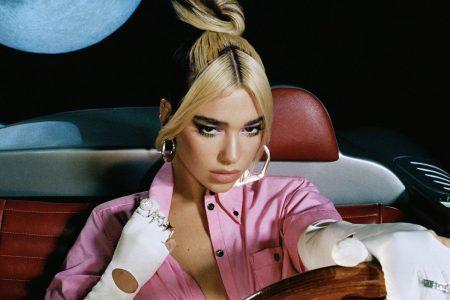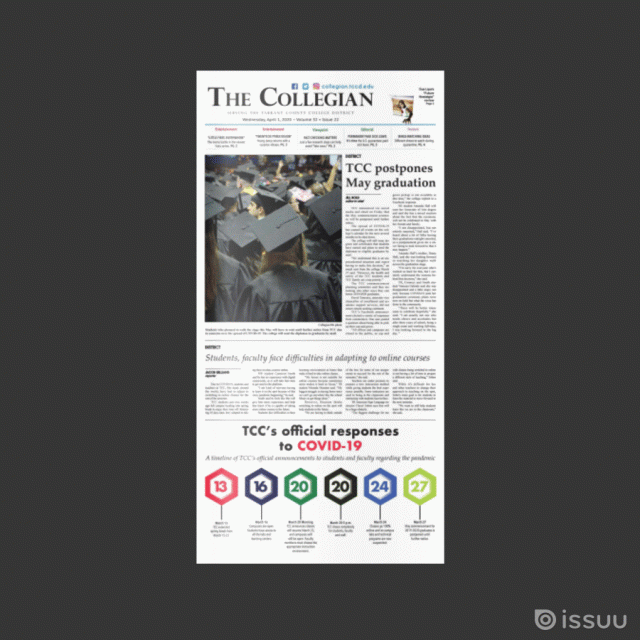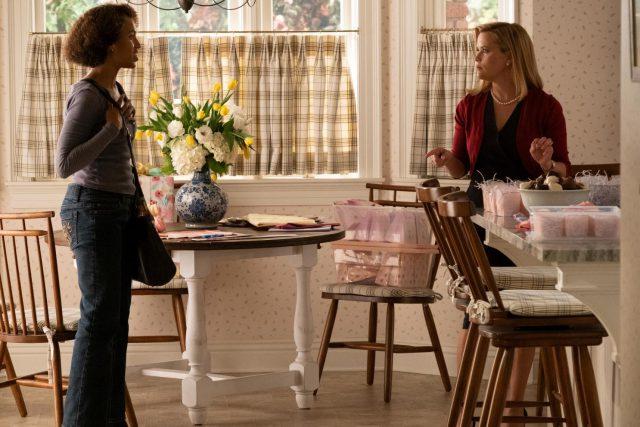| April 1, 2020 | Dang Le | managing editor |
|---|

“Future Nostalgia,” Dua Lipa’s sophomore album proves why she is a two-time Grammy-winner. The record expertly combines 70s-inspired sound with futuristic elements.
When Dua Lipa won Best New Artist at the 2019 Grammys, most people expected her to suffer from a sophomore slump.
It’s understandable, she’s a female pop artist, and the previous two winners of the same category, Meghan Trainor and Alessia Cara, both failed to live up to the expec-
tations. After all, pop has been a thing for so many years. How else can pop stars differentiate their work from everyone else’s?
But the 24-year-old Albanian singer managed to do just that with her second studio album, “Future Nostalgia.”
Lipa brought the bold, disco-pop back in an industry where everybody tries to incorporate R&B and trap influences. It’s not just an album. It’s a timeless classic that will transcend years to come.
It wouldn’t be an overstatement to say “Future Nostalgia” is a perfect combination between Kylie Minogue’s “Fever” and Madonna’s “Confessions of a Dancefloor,” two disco-pop albums that still play on every dance floor to this day.
At 24, it’s hard to believe Lipa has been in this game for 10 years, starting from her days of posting covers on YouTube. But that reflects the tone of this album: resilient, self-determined and confident.
The first 10 out of 11 tracks of the album are nonstop: full of slick bass lines and retro funk vibes. For some artists, that production could have eaten them alive.
But listeners can fully trust in Lipa.
For the entire record, she is in the driver’s seat, taking the listeners through a nostalgic yet modern ride.
“Levitating,” a full-on sassy 70s disco-inspired song, is the strongest track of the album.With hypnotic synths, playful talkbox vocals, funky guitars and syncopated handclaps, the song may have come close to perfection.
The party doesn’t end there. “Hallucinate” comes on, and the 122-beats-per-minute track brings the blissful 00s vibe back in one’s ears. The track is a full cardio session that is sweaty and gets one’s limbs tired, yet they would never want it to stop. It’s simply too
good.
Later, Lipa crafts “Good in Bed,” an explosive earworm that may see her most daring lyrical effort, singing about “all the good pipe in the moonlight.”
It may be unladylike and not the most eloquent way to describe sex, but that’s what this album is about. Lipa draws the inspirations from people she grew up listening to – Prince, No Doubt, Blondie and Nile Rodgers, those who aren’t afraid to get straight to the point.
Besides, she’s singing about her hookups confidently, just like all her male peers are, and there’s nothing wrong with that. All of her audacity leads to the closing track, “Boys Will Be Boys.”
Sonically, this is the most out-of-place track of the album, a soulful ballad with a grand choir production. Yet lyrically, this is Lipa’s strongest effort in her discography.
After all the outspokenness and bravery, Lipa ends the album with, “Boys will be boys/The girls will be women.” A strong statement to end the album, just like when she confidently sang, “You want a timeless song, I wanna change the game” as the opening line of the
album.
One argues that pop is boring and a product of copy and paste. But if it’s that easy, why can’t all pop projects be this excellent?
In an era where hip-hop and R&B dominates the industry, it’s safe to assume the previous generation of pop girls has passed their prime. But Lipa may have opened a new era for pop, and “Future Nostalgia” is a convincing case to support that claim.



























